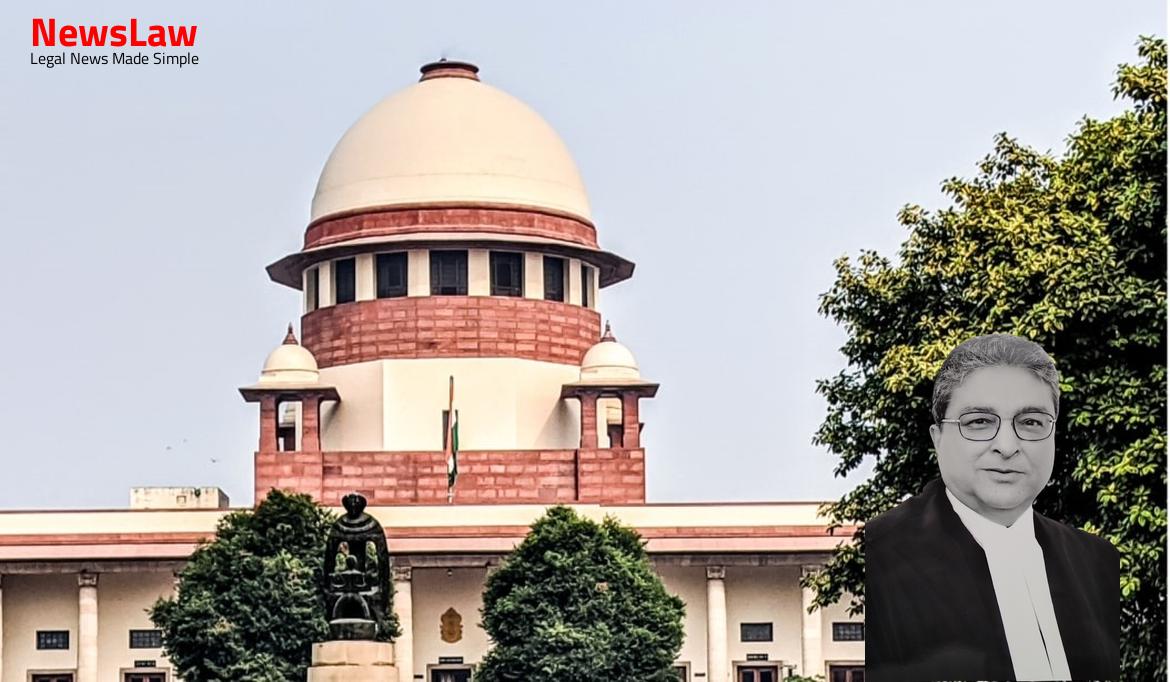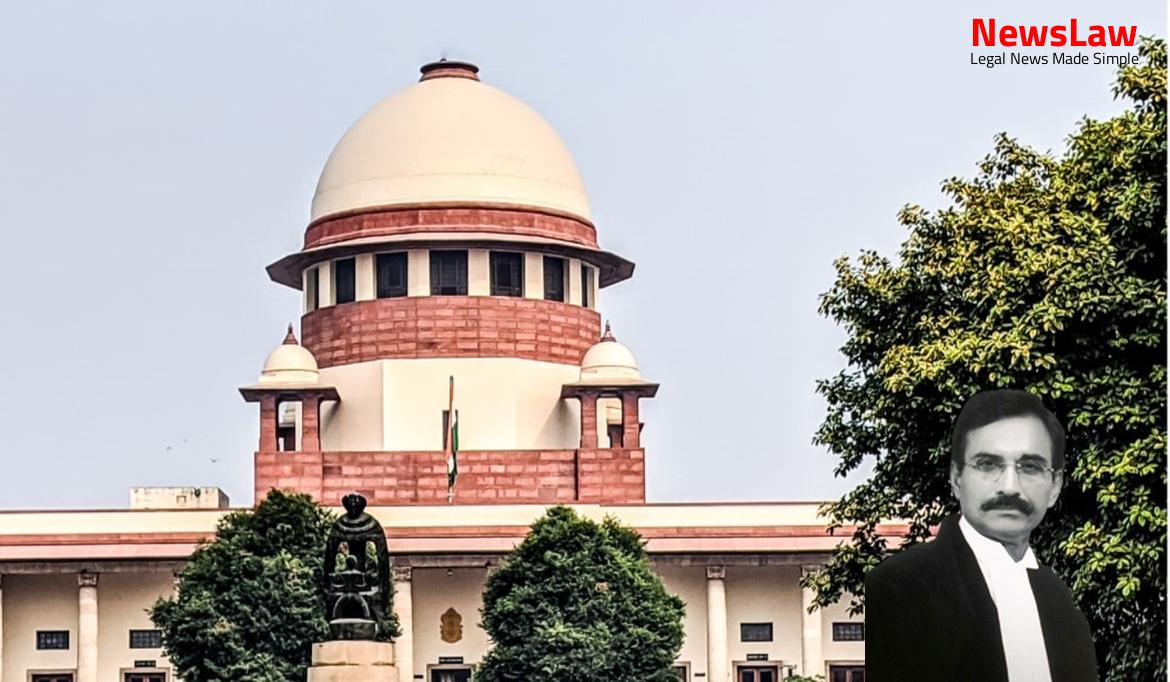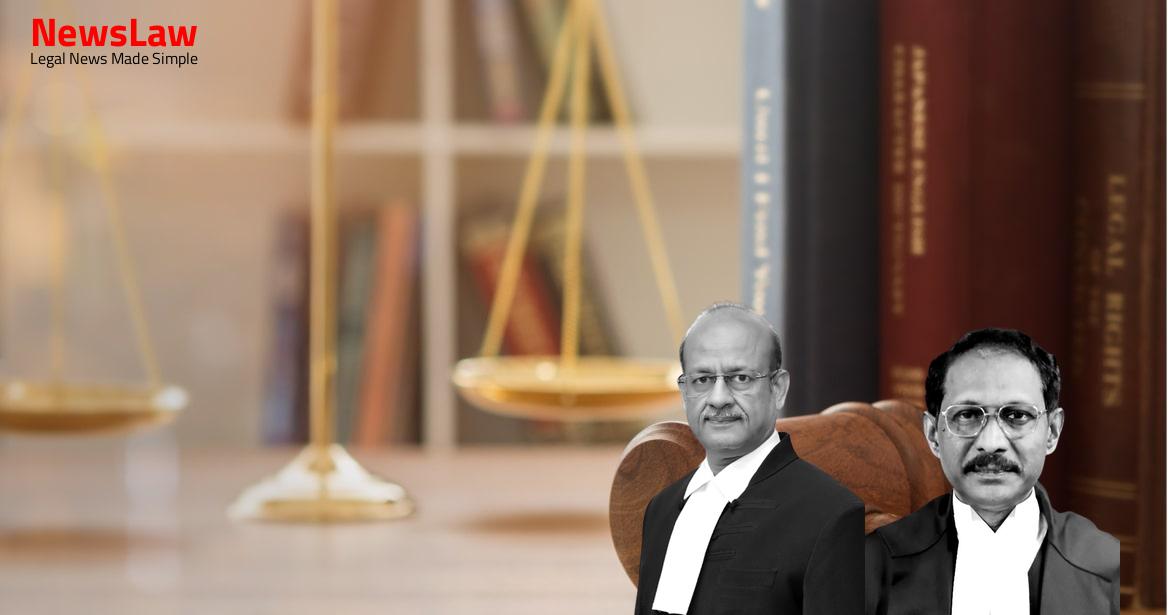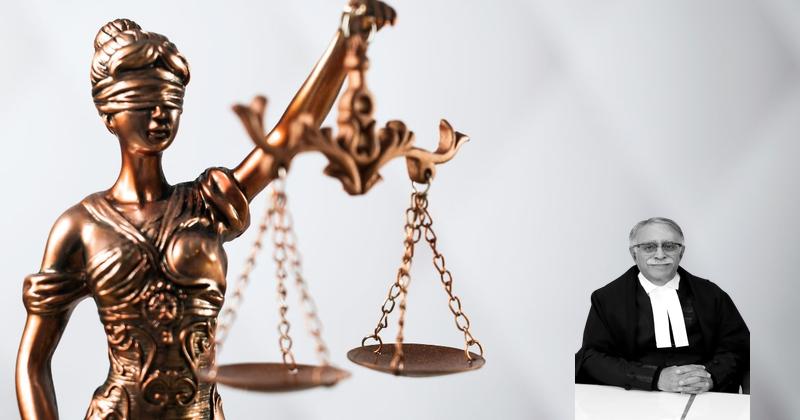Delve into the legal intricacies of a case where the court provided a detailed analysis on upholding fundamental rights in the context of media freedom. The case sheds light on the balance between freedom of expression and governmental actions, emphasizing the court’s role in safeguarding democratic values. Stay tuned for a deep dive into the legal reasoning behind the court’s decision.
Facts
- FIR No.0053 dated 06.05.2020 was registered based on a complaint by respondent No.3 regarding false statements made by Mr. Vinod Dua in his show on YouTube.
- The complaint alleged that Mr. Dua made unfounded allegations regarding the availability of testing facilities, PPE, and government measures to control the pandemic.
- Investigating machinery took steps based on the cognizable offence disclosed in the complaint, leading to the registration of the FIR.
- The specific moments in the video where false statements were made by Mr. Dua were highlighted, leading to the registration of the FIR.
- The affidavit detailed the actions taken by the Investigating Officer, including sending notices to Google and YouTube for information retrieval.
- The complaint included accusations of spreading fear among the public and making false claims about government actions during the pandemic.
- The FIR was registered under Sections 124-A, 268, 501, and 505 of the Indian Penal Code for the offenses committed by Mr. Vinod Dua.
- The order dated 31.03.2020 allowed media to freely discuss the pandemic.
- No unverified news or disobedience by the Petitioner in Writ Petition (Criminal) No.154 of 2020 Vinod Dua vs Union of India & Ors.
Also Read: Electoral Malpractices in Mayor Election
Arguments
- The petitioner argued that the allegations made in the FIR were factually incorrect and did not amount to offenses under Section 124A of the IPC.
- He claimed that as a journalist, he was entitled to critically analyze the government’s functioning.
- The petitioner asserted that the criminal proceedings against him were an abuse of process and violated his fundamental rights.
- He argued that the actions taken by him were within his right to freedom of speech and expression.
- The petitioner questioned the downgrading of charges from Section 124-A and Section 505 to Section 188 IPC.
- He highlighted the need for cooperation between media and government agencies in reporting on natural calamities.
- The petitioner emphasized his journalistic credentials and awards received to support his stance.
- He disputed the accusations of spreading misinformation and inciting violence, claiming his intent was to uphold journalistic standards.
- The petitioner requested the quashing of the FIR against him.
Also Read: Balancing Power and Transparency: Electoral Bonds Struck Down, Disclosure Mandated
Analysis
- The petitioner, a journalist, was involved in a talk show discussing the government’s response to the COVID-19 pandemic.
- The petitioner’s assertions in the show were analyzed in light of government orders and guidelines related to the pandemic.
- The petitioner was knowledgeable about government notifications prior to the talk show.
- Various FIRs were registered against the petitioner in different states for similar allegations arising from the same show.
- The petitioner’s rights as a citizen and journalist were emphasized, calling for fair treatment in the legal process.
- The Court decided against quashing FIR No. 164 of 2020 and advised the petitioner to pursue remedies under the CrPC.
- The excessive action taken against the petitioner was highlighted, leading to the Court’s involvement to protect his rights.
- The balance between the petitioner’s freedom of expression and the ongoing investigation for alleged offences was discussed.
- Strict action was suggested to prevent unrest and ensure public tranquillity amidst the pandemic.
- The petitioner’s health issues were taken into consideration in relation to police interrogation during the COVID-19 pandemic.
- The section places successful and unsuccessful attempts to excite feelings of disaffection on the same footing.
- Conviction is necessary if either prisoner has tried to excite such feelings in others, regardless of whether they succeeded.
- The offence is about inciting bad feelings towards the Government, not mutiny or rebellion.
- The impact of the articles on causing disturbance or outbreak is irrelevant in this context.
- Making false claims for obtaining benefits after a disaster is punishable by imprisonment and fine.
- Section 54 deals with the punishment for false warning in aggravated insults to religion.
- Rumors spread with the intent to cause fear or alarm to the public are also covered under the law.
- The dishonest and fraudulent act of Mr. Vinod Dua related to public health should be taken very seriously.
- Sections 52 and 54 of the Disaster Management Act are cited for punishment related to false claims and false warnings respectively.
- Laws restricting freedom of speech in the interest of public order are deemed reasonable if they prevent activities with a tendency to cause public disorder.
- Section 295-A penalizes deliberate and malicious insults to religion with the intention of outraging religious feelings, not inadvertent insults.
- The section in question deals with attempting to excite feelings of disaffection towards the Government.
- The meaning of ‘feelings of disaffection’ was explained by the court in reference to previous cases.
- The offense relates to creating ill-will against the Government and holding it up to hatred and contempt.
- The case of Queen-Empress v. Balgangadhar Tilak is discussed in relation to the offense of sedition.
- The importance of upholding fundamental rights and the responsibility of the Court in protecting them is highlighted.
- Cases related to quashing FIRs and the necessity of guidelines for lodging FIRs against media persons are mentioned.
- The context of the ongoing pandemic is considered regarding false news and public order.
- Discussion on disloyalty towards the Government and the interpretation of ‘disaffection’.
- The necessity of quashing FIRs and offering protection against unwarranted prosecutions is emphasized.
- The role of Article 32 in protecting fundamental rights and upholding democratic values is explained.
- The court has made it clear that there is a distinction between the maintainability of a petition and whether it should be entertained.
- The court decided not to entertain the petition under Article 32 for quashing the FIR but suggested that the petitioner seek remedies available under the CrPC before the High Court.
- It was emphasized that there are no exceptional grounds or reasons for entertaining the petition under Article 32 of the Constitution.
- Petheram’s observations regarding the RATIO of the judgement
- Key points highlighted by Petheram related to the ratio
- Analysis and insights provided by Petheram on the ratio aspect
- Relevance of Petheram’s observations for understanding the ratio in the judgment
Also Read: Recall of Resolution Plan Approval: Legal Analysis
Case Title: VINOD DUA Vs. UNION OF INDIA (2021 INSC 304)
Case Number: W.P.(Crl.) No.-000154 / 2020



